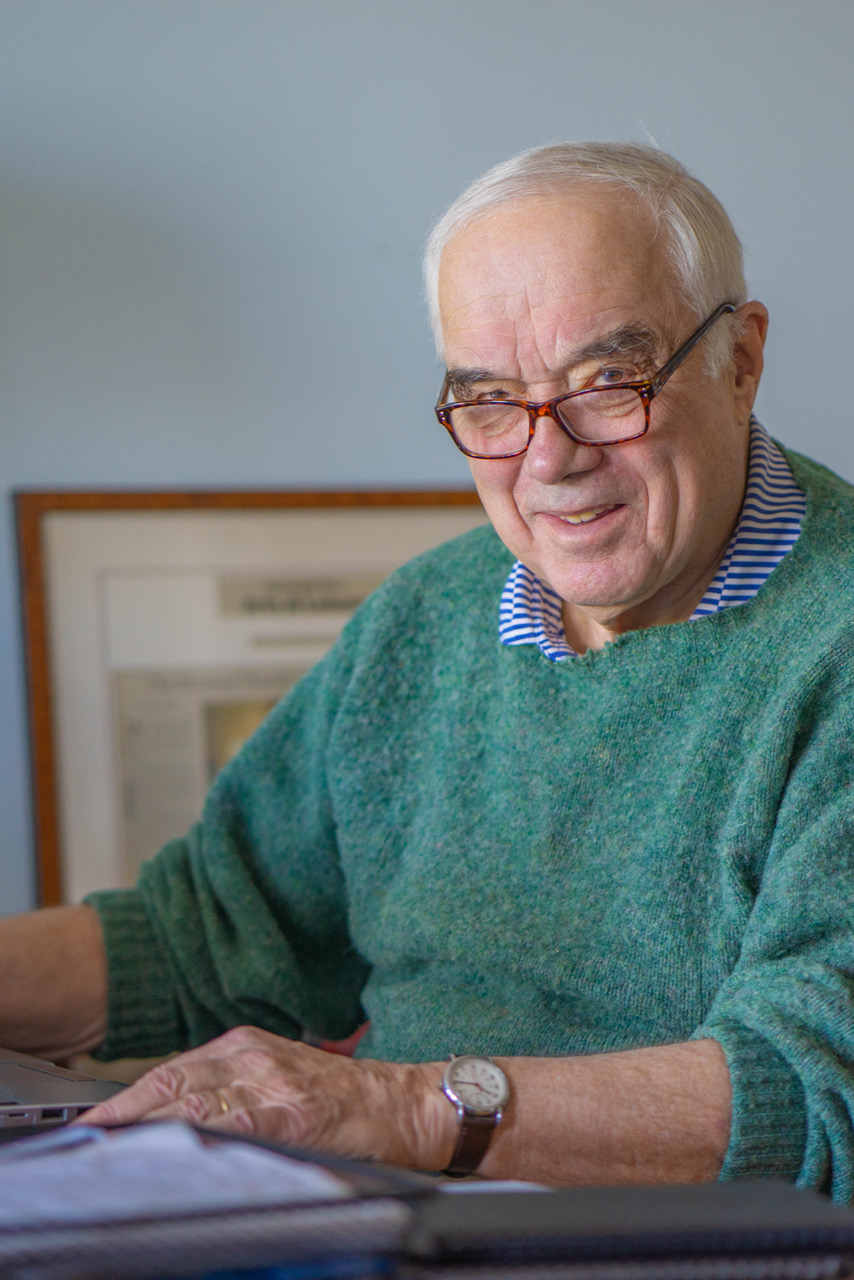“In With Flynn”: Why I Wrote the Book & How Political Levers Have Changed Since FDR

Party organizations — particularly the big city machines — used to own the field. They made a simple offer to voters, particularly unskilled immigrants and their offspring: Give us your votes and we will find you patronage jobs, other assistance, and even elective opportunities. The politically ambitious could work their way up the organization’s ladder — Al Smith, Robert Wagner Sr. and Harry Truman all did.
While the machines mastered vote gathering, they often failed at governance. Dishonesty and self-dealing were coins of the realm. Mention Tammany Hall or Boss Tweed and I’ll bet your first thought is corruption. As a British ambassador once put it: “There is no denying that the government of the cities is the one conspicuous failure of the United States.”
Times have changed. Today the levers of political power are money, celebrity, television, social media. Donald Trump was able to take over the Republican Party because it was so weak. So is the decline of party power progress? Maybe, but I have my doubts. It has gone too far. Listen to Professor Sean Wilentz of Princeton: “A lot of people just don’t like political parties, and I think that is a terrible thing. Political parties are how we get things done…in American politics. And the more we weaken them, the less gets done.”

Brooklyn Boro
View MoreNew York City’s most populous borough, Brooklyn, is home to nearly 2.6 million residents. If Brooklyn were an independent city it would be the fourth largest city in the United States. While Brooklyn has become the epitome of ‘cool and hip’ in recent years, for those that were born here, raised families here and improved communities over the years, Brooklyn has never been ‘uncool’.